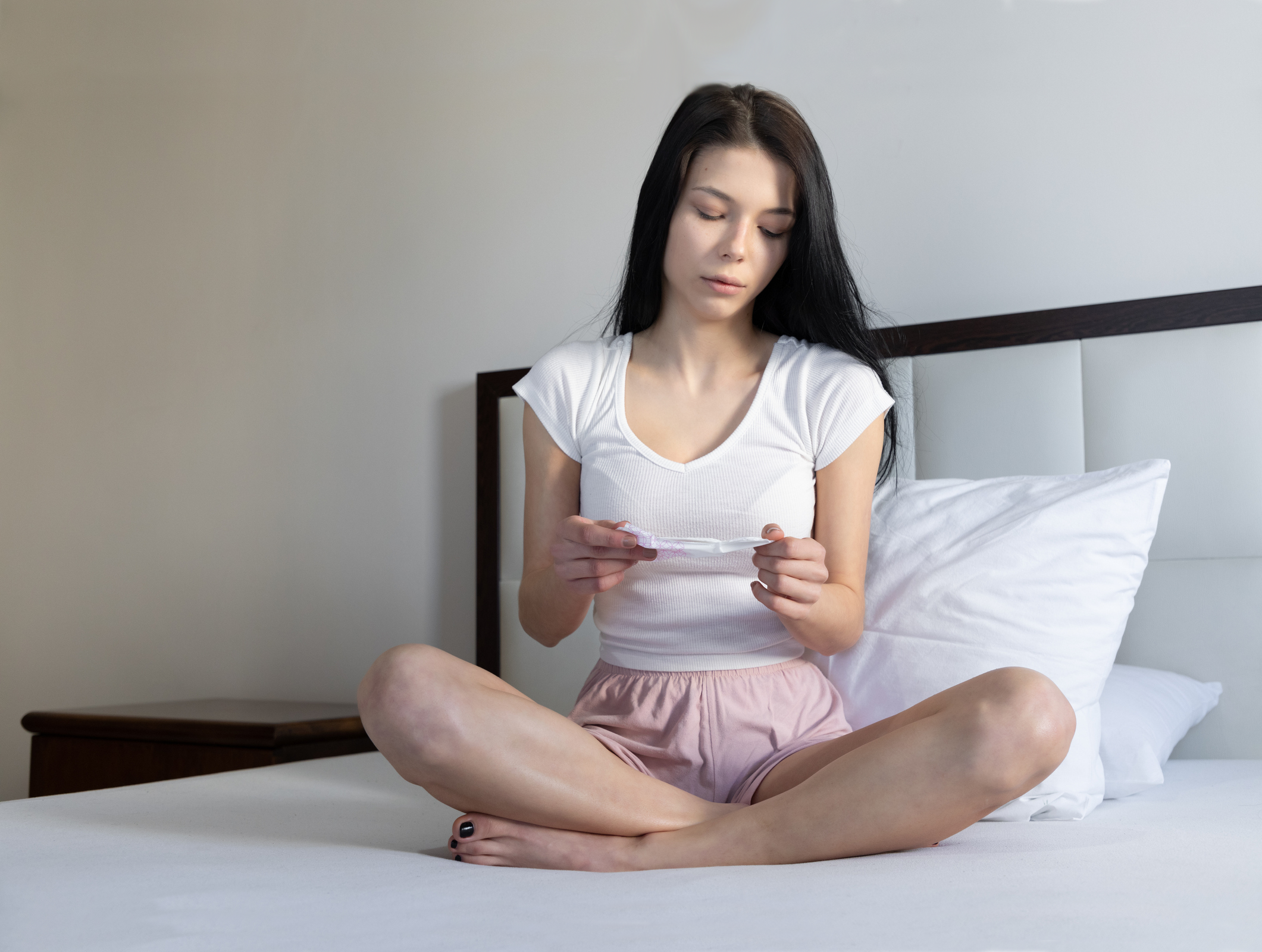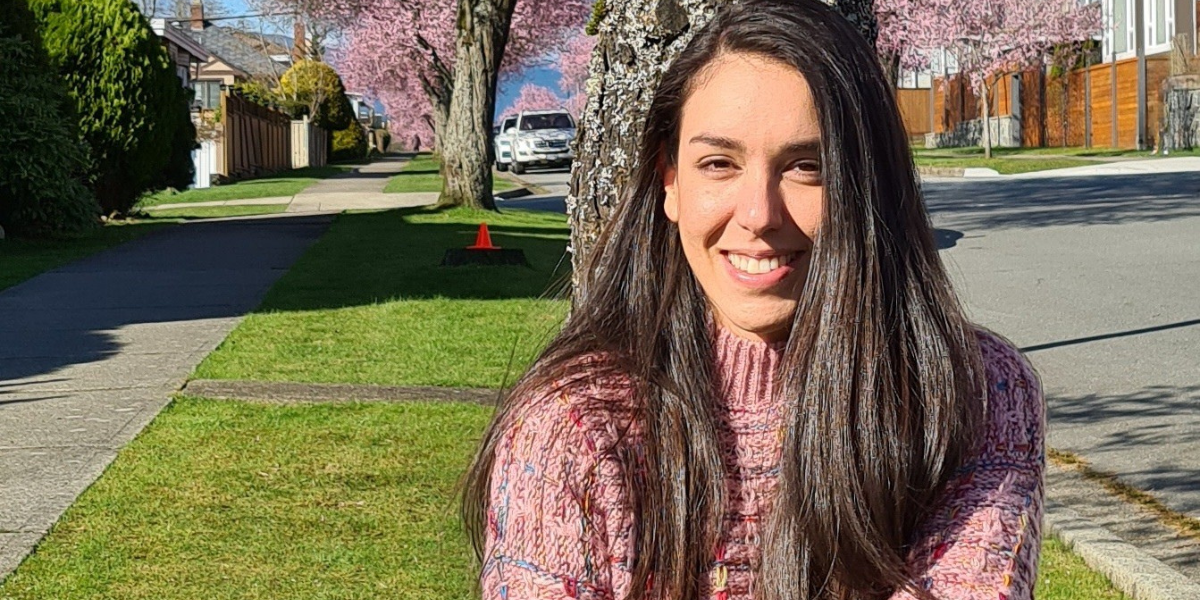
Today, in British Columbia, someone will need a tampon or pad and not be able to afford one. In a society where menstrual products are widely available in a dazzling array of choices, someone will miss work, skip school or avoid medical care, social interaction and essential purchases because they cannot afford a tampon. That person will experience this because of a biological function that they cannot avoid and cannot control. And they will do so because in B.C., menstruation is still a touchy subject.
Under the leadership of organizations like the United Way’s Period Promise, B.C. is a world leader in tackling the period poverty problem. We applaud the efforts of the government to increase the availability of free products for emergency support, especially for students in B.C. schools. You should be able to get a free tampon or pad at any public washroom (where soap, hot water and toilet paper are also free). However, to truly dismantle period poverty, we have to move past free dispensation of products and embrace a collective state of total physical, mental and social health in relation to menstruation – menstrual equity.
Menstrual equity means having access to timely diagnosis and treatment for disorders related to menstruation. Yet, right now in B.C., menstruators are frequently dismissed or have their symptoms diminished by the health system. A 2019 survey by the BC Women’s Health Foundation found that 51 per cent of women reported having symptoms “diminished” by a physician when they sought health care. These instances have huge consequences for women experiencing menstrual conditions like endometriosis, which affects one in 10 women and takes an average of seven to 10 years to get a diagnosis, all whilst those affected are experiencing debilitating pain and other symptoms of the condition. Trans men and non-binary people who live with endometriosis and other similar conditions face their own barriers to diagnosis and treatment of the illness, including “inadequate screening and low service expectations.”
Menstrual equity means being able to access accurate, relevant information about menstruation throughout one’s reproductive years. Yet we still do not know enough about many of the life-cycle changes related to menstruation. This includes the life stage of perimenopause and menopause which causes symptoms of varying types and severity in 85 per cent of women. This topic alone is heavily under researched. With less than eight per cent of health research funding in BC going to women’s health issues, and women being excluded from clinical trials until the 1990s in Canada, it is no wonder we do not know about the many conditions, discomforts, treatments and interrelating factors affecting those that menstruate.
Above all, menstrual equity means being able to experience menstruation free from stigma and psychological distress, no matter a person’s gender identification, sexual orientation, race or ethnicity. When menstrual-related discomforts are dismissed or overlooked by healthcare practitioners, and when menstruation in trans and gender non-conforming folks becomes unsafe, this can lead to devastating health outcomes, including violence and abuse. We do not adequately research the impact of menstruation on mental health; indeed, we mostly research the mental health of cis men.
We still have a long way to go to reach menstrual equity, but if the COVID-19 pandemic has taught us anything, it’s that we can change our minds, behaviours and attitudes rapidly when it comes to public health – we just need to be convinced of the urgency.
In addition to providing access to free menstrual products, we need to dedicate funding dollars to the health of over half of our population. An increase in knowledge related to menstrual cycles throughout one’s life cycle, and the translation of that knowledge throughout the medical system would reduce the dismissal of symptoms, reduce the timelines of diagnosis, and reduce unnecessary suffering of those with menstrual-related conditions.
We also need to actively work to reduce stigma associated with menstruation. Cultural and historical attitudes to periods perpetuate shame. We need a system change; a new way of looking at periods that see them as a life cycle, not a curse, and as a health indicator, not an annoyance. We need to reevaluate how using coded language and gender-segregated sex education teaches shame around our bodies. Instead, we need to encourage real conversations around the social impact of periods.
Ultimately, menstrual equity is about menstrual dignity. Menstrual equity is when we say can say the word “period” in polite society and put free products in bathrooms as a matter of course. Menstrual equity will happen when everyone has enough pads and tampons, when everyone is adequately educated and knows when to see a doctor, and when doctors have enough resources to provide their patients with care, solutions and support. Menstrual equity will drive out period poverty, because we will be able to openly discuss our health and access issues in order to find the solutions we desperately need.
Today, for Menstrual Hygiene Day 2021, join the conversation on menstrual equity and pledge to end period poverty at The Next Cycle, a film screening and discussion presented by Aisle.
Genesa Greening is the President and CEO of the BC Women’s Health Foundation
Suzanne Siemens is the Co-Founder and CEO of Aisle, an award-winning B Corporation that specializes in sustainable period care products for people who menstruate.
-
Lauren’s Story
Through the loss of a pregnancy and the birth of a baby, the team at BC Women’s provided the emotional suppo...
Read more -
Making Strides For Women In Midlife
Women deserve care that is evidence-based and takes a lifespan approach. Women in midlife can experience a wid...
Read more



